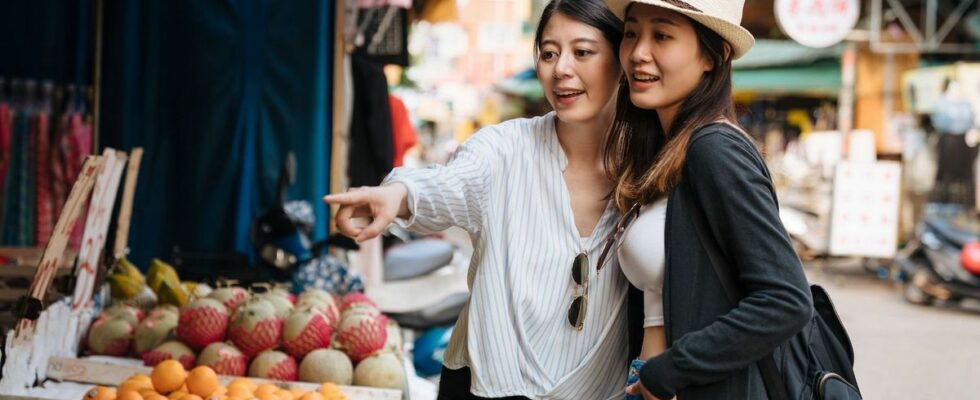Published on
Updated
Reading 2 min.
Do you love bringing back some deliciously sweet dragon fruit or mangoes from your vacation? Bad idea. Just like other plants, they can be full of viruses, bacteria, fungi, or even insects.
Exotic fruits, plants, cuttings, cactus or baobab seeds: when on holiday abroad, many of us enjoy bringing a little “something” home to revive memories of our past stay. However, this attitude is not without risks.
Organisms that “attack” plants
Much to the displeasure of green plant addicts, cuttings, seeds and other plant organisms are harmful to the health of travelers.
The European Commission and the European Food Safety Authority (EFSA) have also delivered a clear message: “Do not bring plants, seeds or fruits in your luggage.“, she said in a campaign dedicated to this subject, called #PlantHealth4Life.
More specifically, the risk is to bring back viruses, bacteria, fungi and insects whose proliferation in the territory can cause damage by attacking plants.
“On the one hand, they can cause significant crop losses with impacts on the production of food or other agricultural products. On the other hand, they can have an effect on landscapes and more generally on our living environment by attacking plants present in the environment, in our parks and gardens.“, specifies the The Minister of Agriculture.
A concrete example: the Japanese beetle (Popillia japonica), which attacks a wide range of plants (300 species) cultivated or present in forests and parks and gardens, could thus represent a real threat if it landed in France or in other countries not prepared for its presence. Because – need we remind you? – plants play an essential role in our daily lives, representing up to 80% of our food.
Raising awareness among travelers about these risks
Although this information campaign, designed at the request of the European Commission, is already mobilising many countries (Germany, Belgium, Cyprus, Croatia, Denmark, Spain, Estonia, Finland, France, Greece, Hungary, Ireland, Latvia, Lithuania, Malta, Poland, Portugal, Slovakia, Slovenia, Sweden, the Czech Republic and Montenegro), it is above all intended to raise awareness and inform travellers and amateur gardeners.
The site of the The Minister of Agriculture specifies that citizens are “invited not to bring back plants in their luggage – the latter can harbor harmful organisms which are not always visible – and to make their purchases at dedicated points of sale”.
“By informing citizens about the importance of not importing harmful organisms into the European Union and giving them the knowledge to take appropriate action, we can make a difference.“, concludes Claire Bury, Deputy Director General responsible for Food Sustainability at DG SANTÉ.
